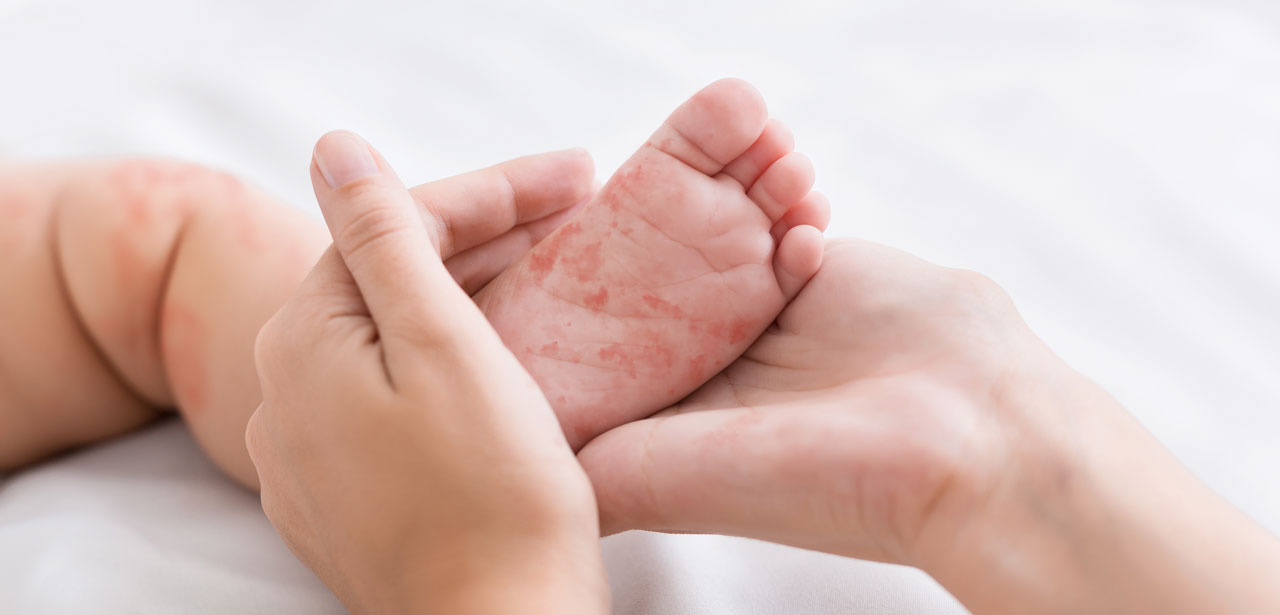To test the effect of the exposure to trichloroethylene (TCE) on renal cell cancer (RCC) risk, a case-control study was performed in the Arve Valley (France), a geographic area with a high frequency and a high degree of such exposure. Cases and controls were selected from various sources: local general practitioners and urologists practicing in the area and physicians (urologists and oncologists) from other hospitals of the region who might treat patients from this area. Blinded telephone interviews with cases and controls were administered by a single trained interviewer using occupational and medical questionnaires. The analysis concerned 86 cases and 316 controls matched for age and gender. Three approaches were developed to assess the link between TCE exposure and RCC: exposure to TCE for at least one job period (minimum 1 year), cumulative dose (number of p.p.m. of TCE per job period multiplied by the number of years in the job period) and the effect of exposure to peaks. Multivariate analysis was performed taking into account potential confounding factors. Allowing for tobacco smoking and Body Mass Index, a significantly 2-fold increased risk was identified for high cumulative doses: odds ratio (OR) = 2.16 (1.02-4.60). A dose-response relationship was identified, as was a peak effect; the adjusted OR for highest class of exposure-plus-peak being 2.73 (1.06-7.07). After adjusting for exposure to cutting fluids the ORs, although still high, were not significant because of lack of power. This study suggests an association between exposures to high levels of TCE and increased risk of RCC. Further epidemiological studies are necessary to analyze the effect of lower levels of exposure. (R.A.)
Auteur : Charbotel B, Fevotte J, Hours M, Martin JL, Bergeret A
The Annals of occupational hygiene, 2006, vol. 50, n°. 8, p. 777-87


